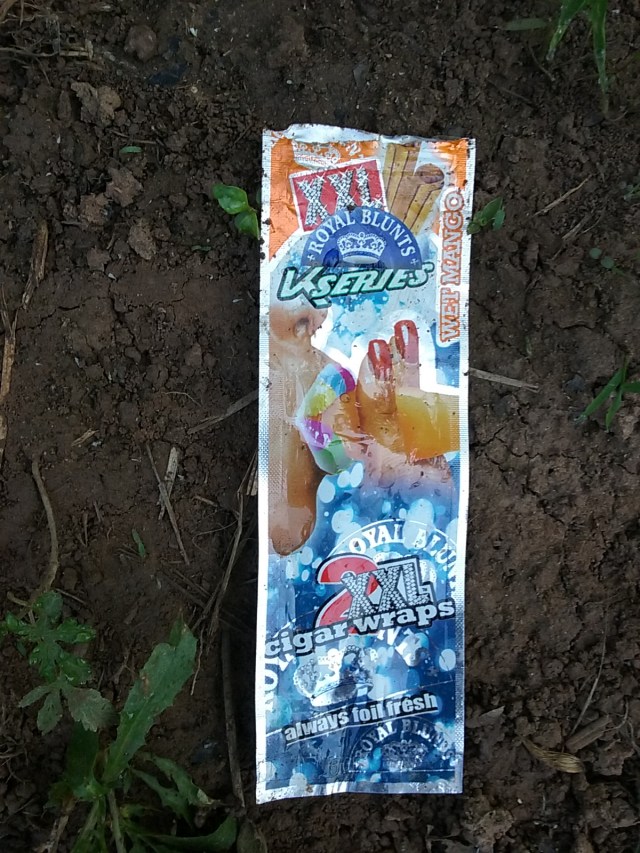
Every year as summer approaches, I feel my emotions go flat, as if weighed down by the hot and humid mid-Atlantic air that ushers in the season. For years, I couldn’t quite accept the truth of this phenomenon. Summer is supposed to be so wonderful – sun, warmth, longer days, vacation – isn’t it what we’ve been waiting for since January? Depression at a time like this is just ridiculous! Yet, here it is, again, and so insidious in its subtlety: no dramatics, no crying, no morbid poetry; just restless nights, difficulty writing, disinterest in reading, and the usual fear of people.
Why am I writing this? The admission of my depression seems so much more dangerous once it’s recorded. Writing about it is like pulling the stuffing out of a tiny rip in a teddy bear. It emerges as a small ball of innocuous polyester threads and then unfurls, exploding into a cottony mass of shame, judgement and emotions. The bear is left a little emptier, lumpy, slightly misshapen. Maybe the nose is flatter, the right eye askew, the stomach curiously deflated. Even if the stuffing is packed back in, it never looks quite right, or, at least, the way it was before.
But maybe messier is better.
It’s the last day of mental health month, and I’ve been “liking” NAMI’s “stigma free” posts, signing petitions to the U.S. Congress for better mental health care, and sharing articles about mental health awareness all May. It’s much easier to discuss other people’s issues as “other people’s” issues. Nonetheless, their issues are my issues, and, contrary to popular belief, suicide is more prevalent in the spring and summer than it is during the holidays and winter months. Perhaps depression is as well? If this is so, then I am not alone. My issues are “other people’s” issues, too. Who am I, after all, but someone else’s “other people.”
When I named the blog, I never meant for the trash to be taken too literally. Trash isn’t just physical garbage, it’s the flotsam of life in general, sometimes very important to me but worthless to someone else. And, like the trash along the Monocacy, it won’t just go away if it’s ignored. Someone needs to pick it up, look at it, and put it away. If we’re lucky, we might be able to use it again, or turn it into something else, or give it away. And of course we’ll find more of it later. There’s always more. There will be more next year, and the year after that. That’s the way of life.
And so, despite everything, I’ll keep writing.






























